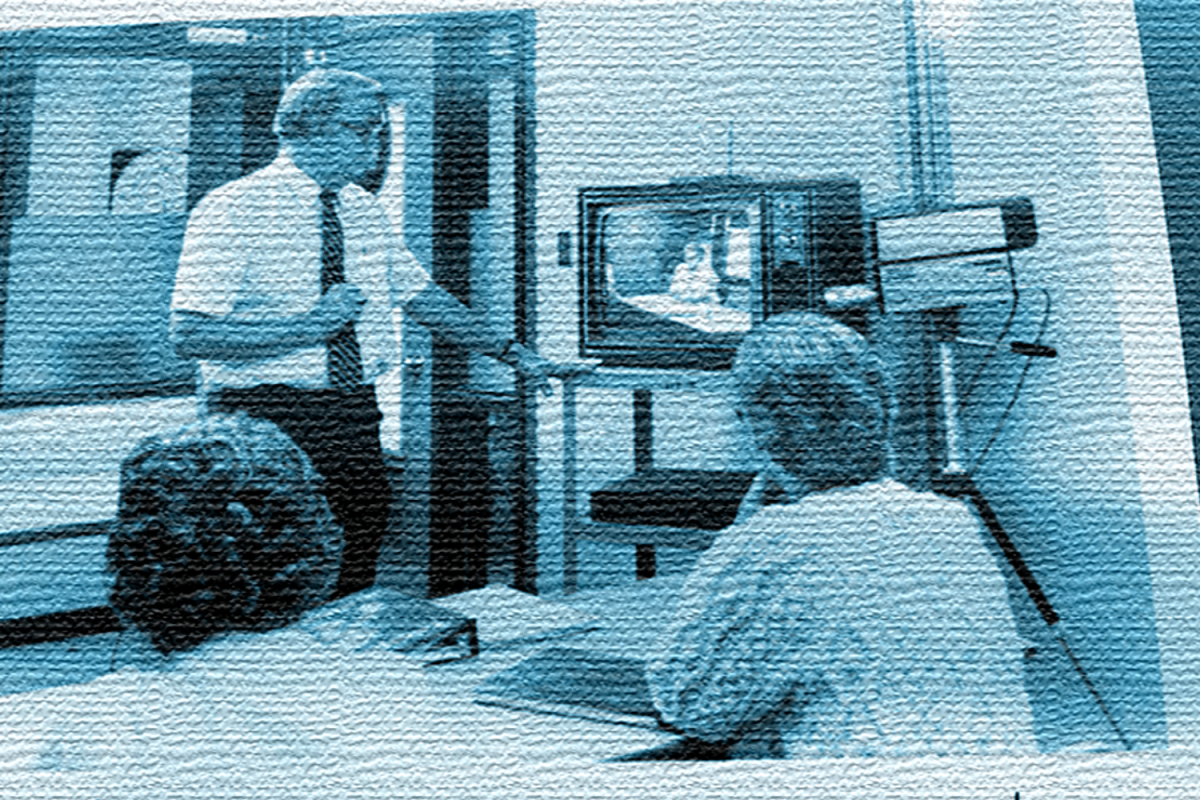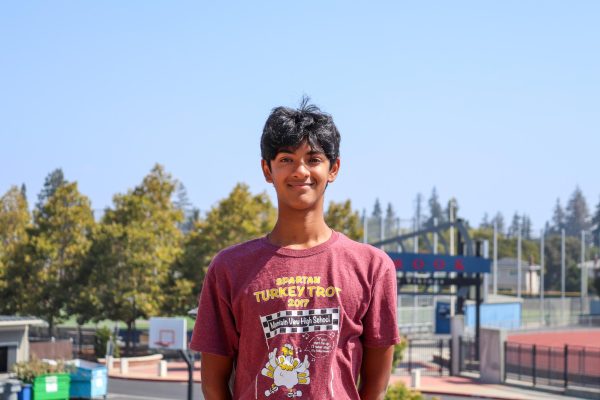Since 1923, FUHSD’s Adult School has provided learning opportunities for adults looking to learn new material, find jobs and earn high school diplomas — all for free. Throughout its years of service, this institution has helped thousands of adults forge new paths.
The FUHSD Adult School’s overarching goal was to provide adults with lifelong learning opportunities that enable them to achieve their goals. When it was established, the primary goal of the Adult School was to offer English as a Second Language classes, because many residents of the Bay Area were immigrants who were not able to speak English.
“They used to call them Americanization classes, which basically taught adults how to speak English,” Fremont High School Assistant Principal Andy Walczak said. “This community had a lot of Japanese families, as well as Croatian, Spanish, Mexican and Western European families.”
In 1945, the Adult School established a reputation of being accepting toward all groups, as they welcomed veterans of World War II to return to classes and earn their high school diplomas. Unfortunately, many FUHSD students lost their lives in the war effort, but the Adult School readily welcomed back those who had survived so they could complete their education.
“During the centennial celebration on May 11, we dedicated a war memorial to all of the Fremont students that died in WWII and the Korean War,” said Walczak. “Students read the names of all the veterans who lost their lives.”
For veterans, the Adult School was especially life-changing because it allowed them to start a second career after their service in the military. Instead of having to educate themselves, they were able to seek guidance from classes and learn more about their career options.
Two decades later, the Adult School started to expand its program, holding classes at 10 locations in Sunnyvale and Cupertino. Because of this, from 1964 to 1972, its students received over 450 high school diplomas, an impressive increase from prior years. Previously, the school was mainly concentrated in Fremont, but the increase in locations allowed adults from across the Bay Area to take advantage of classes.
“The first class I took was a watercolor painting class,” said Machiko Sato, a student of the Adult School since 2009. “After that, I’ve been taking lots of exercise classes to maintain my health. I started taking English classes a couple years ago, during the end of the COVID-19 pandemic. I appreciate all my teachers and the people I met in the classes.”
In the late 1900s, the Adult School rapidly grew. Due to its rising enrollment, staff created new classes and increased the amount of staff members on campuses. Among the classes they offered were machine tools, electronics and business communication. Such classes were open to any members of the community who wanted to increase their depth of knowledge. The presence of vocational classes, such as mechanics, were especially important to those who were not interested in other academic pursuits. In the career development classes, students met three times a week and sessions were two to three hours.
“Our coordinating teachers work very hard and are passionate about their programs,” Adult School Principal Lori Riehl said. “Without the support for programs we have here, we would not have been able to get to where we are today.”
Although the history of the Adult School was relatively smooth, that is not to say that there were no obstacles along the way. One obstacle that the Adult School faced was the numerous location changes. At first, the Adult School was located at the FUHSD district office site in portables. The Adult sShool then relocated to Vallco Mall in 2018 and stayed there for a few years.
“They moved the Adult school into what used to be the food court of the Vallco Mall and renovated it to hold 11 classrooms,” Riehl said. “We had a big atrium space where students could meet, and also had classrooms and offices all the way around.”
In the summer of 2021, the Adult School relocated once more — this time back to the FUHSD district office. The new site has now been in use for almost three years and will continue to be the home of the school in the foreseeable future.
In recent years, the school has also faced a dramatic drop in enrollment due to the rise of COVID-19. During the chaos of the pandemic, the number of graduates and attendees plummeted. The amount of diplomas dropped from around 80 in previous years to around 30 in the 2022-23 school year.
“COVID-19 cut our enrollment in half,” said Riehl. “We lost $730,000 in revenue during that first March because we had just started the spring quarter and then had to cancel all our classes.”
Although the school still has not fully recovered from the loss it suffered during the pandemic, it is bouncing back steadily, increasing its enrollment by seeking students around the Bay Area. During the at-home COVID-19 pandemic, all in-person classes were suspended, but now, the Adult School has brought back in-person classes and continues to serve the community.
“The Adult School offers classes that are based on community interest,” Superintendent Graham Clark said. “After COVID-19, many members of our community expressed interest in in-person classes; the Adult School has done a great job of conducting engaging and informative classes.”
In addition to the Adult School, the program also includes two sub-organizations: Bright Beginnings Preschool and theCommunity Education Program.
Bright Beginnings has grown significantly since its debut in 1978, growing from four to 25 preschool classes today. While nurturing children, the preschool concurrently trains parents with the skills they need to be successful in parenting. In addition, parents are taught about the different aspects of their children’s development, including cognitive, social, speech and language development.
“The main focus of Bright Beginnings is to give adults important parenting skills,” Clark said. “Essentially, their kids are coming into preschool, but they’re also getting parenting education simultaneously.”
Similar to Bright Beginnings, the CEP is another segment of the Adult School that has grown tremendously since 1923. CEP focuses on teaching skills to anyone in the community, regardless of age. Some of the classes offered in the program include exercise, art and dance. Many of the participants in the program include senior citizens, who enjoy spending their time learning new dances or perfecting their arts and crafts.
The Adult School’s importance is obvious through its work in providing important opportunities for the community. Not only does it provide adults with diplomas and ESL classes, but it also ensures that adults in the community feel safe and are taken care of.
“My number one goal is for everyone to feel welcome here,” Riehl said. “There are preschool students at our school who are as young as six months old, as well as 80- to 86-year-old teachers and students in our classes. It really is an important part of the community to be able to serve people from different backgrounds, and hopefully give them something they find joy in.”











































































